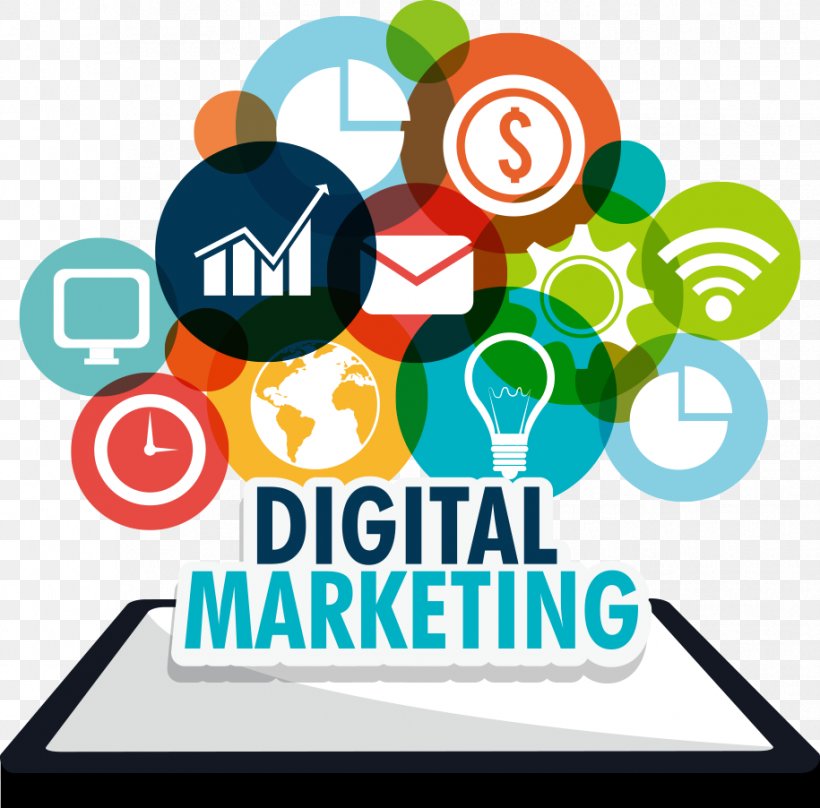
Digital marketing is a dynamic field. Two years have shown us how quickly it changes. While new marketing trends have emerged, your small business may not be able to utilize all of them.
Budget and resource constraints may prevent you from attempting some bold marketing trends. Regardless, there are numerous marketing strategies you can use to effectively build your brand and grow your small business.
In this post, we will discuss seven effective small business marketing strategies.
- Personalize Email Marketing
- Marketing Automation
- Brand Story
- Influencer Marketing
- Google My Business Listing
- Digital Event Marketing
- Market Referrals
-
Personalize Email Marketing
Customers crave personalization, and email marketing delivers. Email marketing is one of the most popular small business marketing strategies for acquiring and retaining customers.
Personalized emails help you connect with your customers. Using email list management tools, drip email campaigns can be used to nurture leads and make their purchase journey more enjoyable.
Personalized emails help customers trust your brand. You can offer personalized deals and coupons to your loyal customers based on their previous purchases and preferences.
-
Marketing Automation
Automation streamlines many business processes. Small businesses must automate marketing processes to save time and increase staff efficiency. If you want to work smart and grow your business, automation is a must-have marketing strategy.
Email marketing, lead scoring and nurturing, systematic content publishing, social media management, referral marketing, and more can all be automated. Automation can boost both your team’s productivity and conversion rate.
-
Brand Story
No more hard-hitting sales. In 2022, marketing is all about telling a story. Content marketing is still one of the best small business marketing strategies, but with a new twist.
Invest in custom content instead of telling your target audience how great your product is. Explain to potential customers how your product has helped them solve a problem.
Has your product aided your customers in achieving a goal? Demonstrate it with data and examples. Top tools like Semrush can help you improve your content’s SEO value.
-
Influencer Marketing
Do you think influencer marketing is only for big brands? Not at all. Influencer marketing can help a small business raise brand awareness and generate quality leads.
Like celebrities, influencers have a loyal following on social media platforms such as Instagram and TikTok. This is one of the best marketing strategies for small businesses. You can hire influencers in your niche and location to authentically promote your brand.
If your company is based on the plant-based lifestyle, you can partner with vegan or dairy-free influencers. With little money, you can reach a large target audience.
-
Google My Business Listing
A Google My Business (GMB) listing is a must for any small business.
Why is it important?
Because Google searches lead to 1.5 billion monthly visits, and 76% of those who search for something nearby go to the store within one day.
When potential customers search for you online, you must work hard to establish a strong online presence.
A Google My Business listing can give your company the exposure and credibility it needs. That’s why it should be one of your top marketing strategies.
-
Digital Event Marketing
Digital events have become increasingly popular in recent years. These online tools can help brands generate quality leads.
These online events also allow brands to collect audience data and market directly to them.
As a small business owner, you can attend or host online events to introduce your products and how they solve specific problems. Surveys and polls allow you to interact with your audience and learn about their preferences.
-
Market Referrals
Using different types of referral programs is one of the most effective marketing strategies for small businesses. When your customers are pleased with your brand, ask them to tell others about it.
In the food industry, for example, satisfying customers who value comfort and convenience increases the likelihood of them recommending you to others. To encourage them to refer you qualified leads, gently nudge them to recommend your products to their friends.